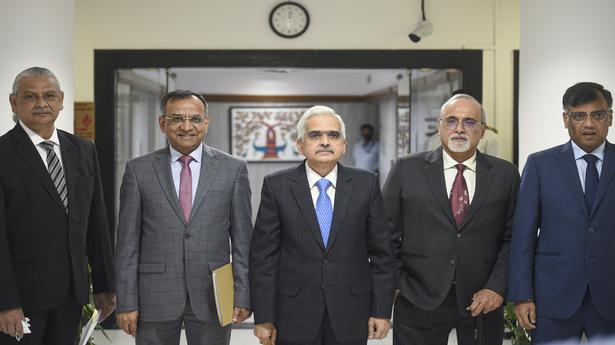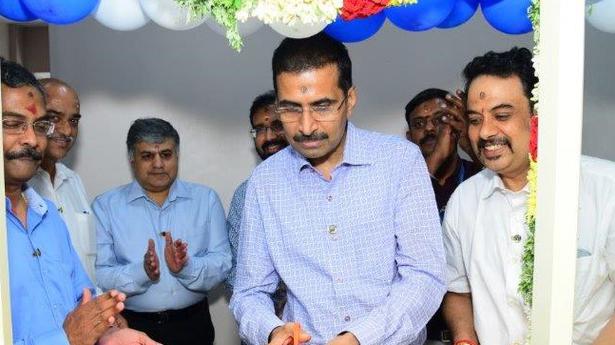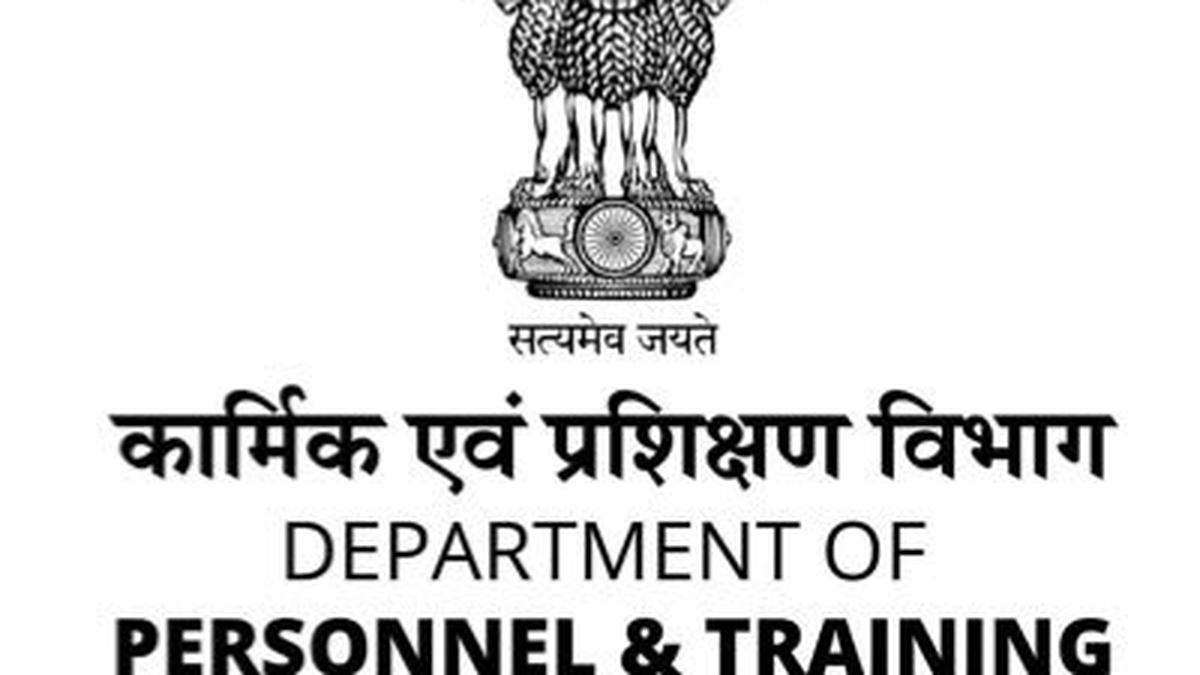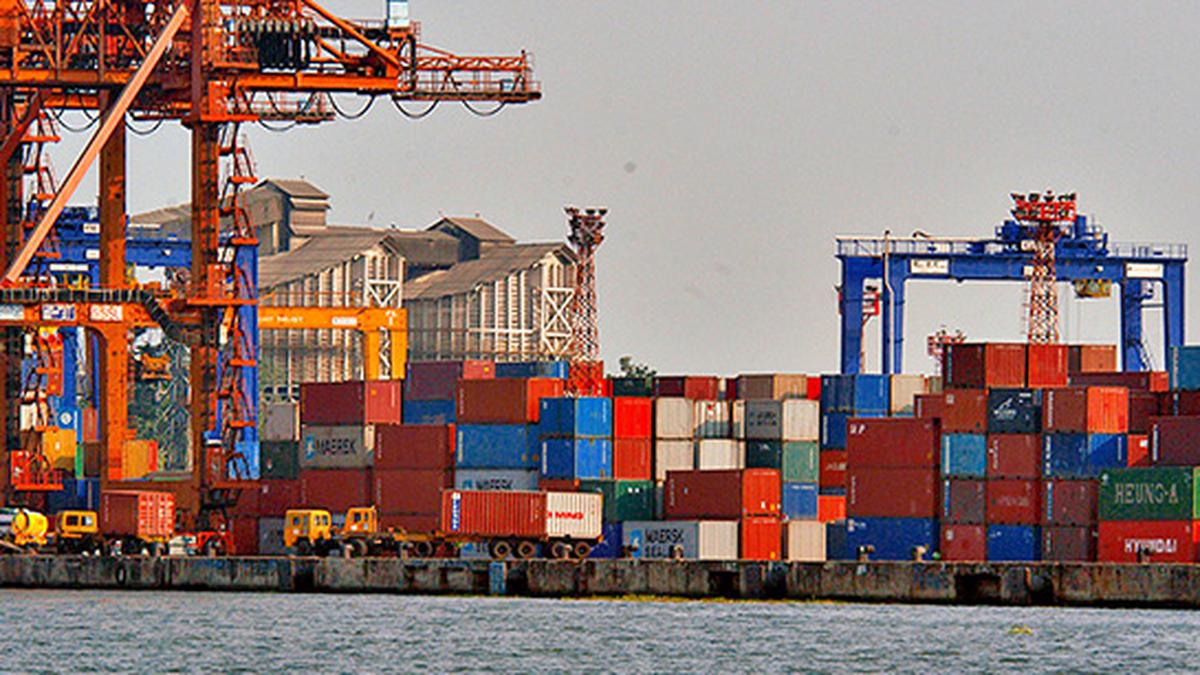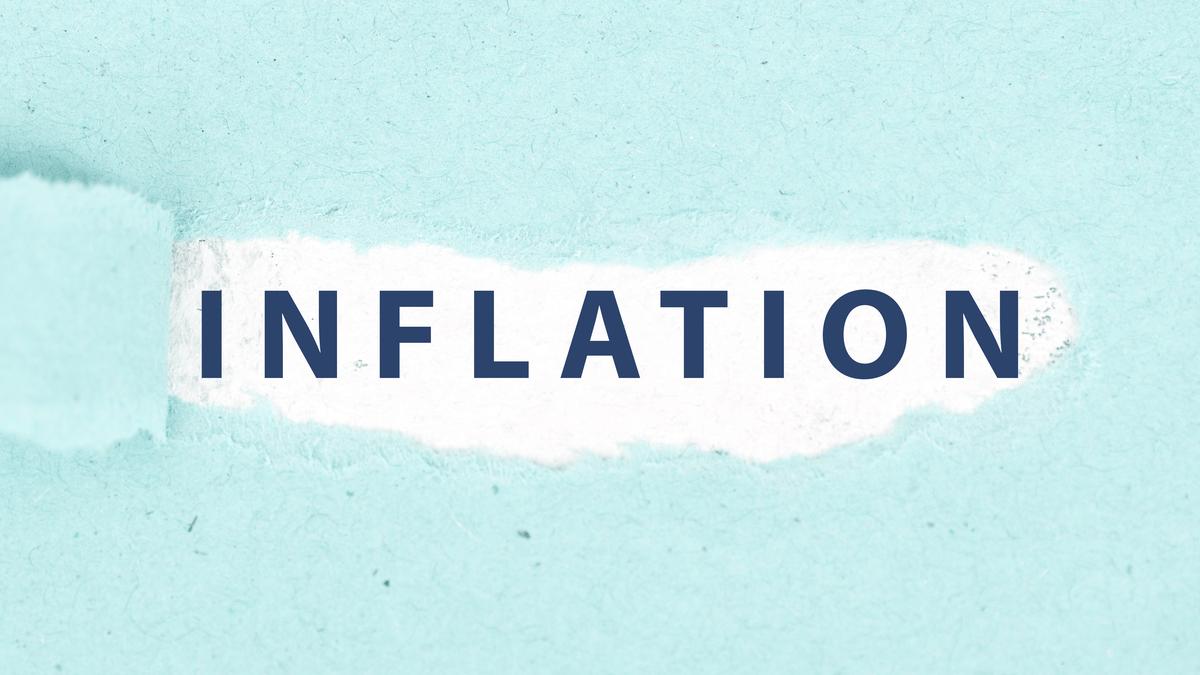Shaktikanta Das said country’s current account deficit will be manageable and the central bank has the ability to manage the gap
Shaktikanta Das said country’s current account deficit will be manageable and the central bank has the ability to manage the gap
Reserve Bank of India Governor Shaktikanta Das on August 5, 2022 said the country’s economy is an island of stability despite two Black Swan events and multiple shocks.
“In an ocean of high turbulence and uncertainty, Indian economy is an island of macroeconomic and financial stability,” Mr. Das told reporters during the post policy press conference.
He said the financial stability, macroeconomic stability and resilience of growth is being witnessed despite two Black Swan events happening one after the other and multiple shocks.
Generally, a Black Swan event refers to an unpredictable event that has negative consequences.
Mr. Das did not list out the two Black Swan events that he referred to.
In recent times, the coronavirus pandemic and the Russia-Ukraine war have significantly impacted the global economy.
The Monetary Policy Committee (MPC) on Friday increased the repo rate by 50 basis points to 5.40%. It also decided to remain focused on withdrawal of accommodation to ensure that inflation remains within the target going forward while supporting growth.
The governor said the monetary policy will be calibrated, measured and nimble, going forward.
Inflation has peaked and will moderate but is at unacceptably high levels, he said.
He also said the country’s current account deficit will be manageable and the central bank has the ability to manage the gap.
NRIs can pay utility bills using Bharat Bill Payment System
Non-Resident Indians will soon be able to use Bharat Bill Payment System to pay utility bills and education fees on behalf of their family members in India, the Reserve Bank said.
The Bharat Bill Payment System (BBPS) is an interoperable platform for standardised bill payments. Over 20,000 billers are part of the system, and more than 8 crore transactions are processed on a monthly basis.
Mr. Das said that BBPS has transformed the bill payment experience for users in India and it is now proposed to enable the system to accept cross-border inward bill payments.
“This will enable Non-Resident Indians (NRIs) to undertake bill payments for utility, education and other such payments on behalf of their families in India.
“This will greatly benefit the senior citizens in particular,” he said while announcing the bi-monthly monetary policy.
In a statement, the RBI said the decision will also benefit payment of bills of any biller onboarded on the BBPS platform in an interoperable manner.
The central bank will be shortly issuing necessary instructions in this regard.
The Governor also announced a committee to study the possibility of an alternate benchmark to Mumbai Interbank Outright Rate (MIBOR) based overnight indexed swap (OIS) contracts, which are the most widely used interest rate derivatives (IRDs) in the onshore market.
The usage of MIBOR-based derivative contracts has increased with steps taken by the Reserve Bank to diversify the participant base and facilitate the introduction of new IRD instruments.
At the same time, the MIBOR benchmark rate, calculated based on call money deals executed on the NDS-call platform in the first hour after market opening, is based on a narrow window of transactions, the central bank said.
Internationally, there has been a shift to alternate benchmark rates with wider participant bases (beyond banks) and higher liquidity.
“Amidst these developments, it is proposed to set up a committee to undertake an in-depth examination of the issues, including the need for transition to an alternate benchmark, and suggest the most appropriate way forward,” it said.
The RBI also decided that Standalone Primary Dealers (SPDs), who are also market-makers like banks, will also be permitted to undertake Foreign Currency Settled Overnight Indexed Swap (FCS-OIS) transactions directly with non-residents and other market-makers.
In February this year, banks in India were permitted to undertake transactions in the offshore FCS-OIS market with non-residents and other market-makers.
This was permitted with a view to removing the segmentation between onshore and offshore OIS markets and improving the efficiency of price discovery.


